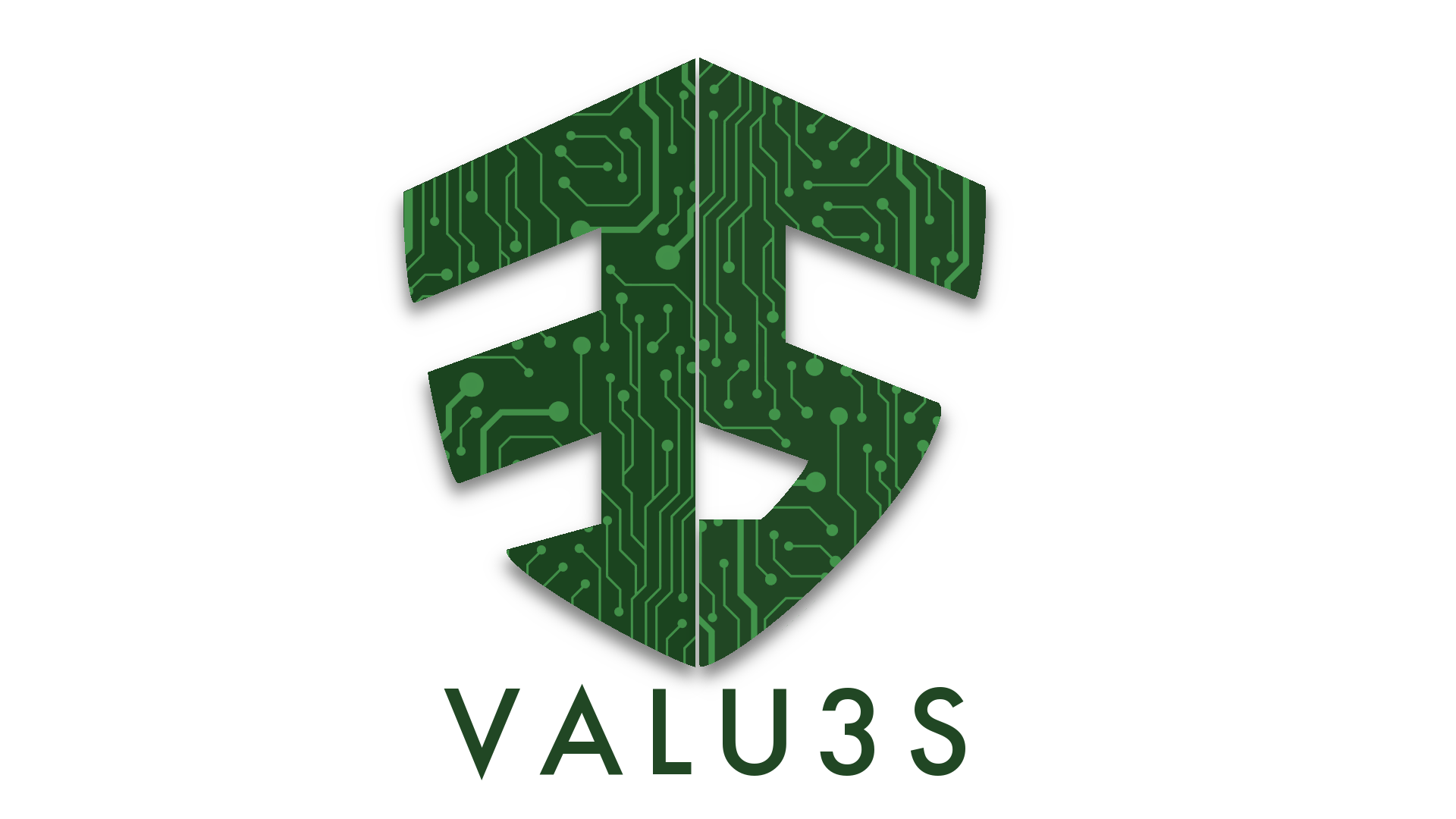Dr Matt Luckcuck and Dr Marie Farrell organised the third edition of their workshop on Formal Methods for Autonomous Systems (FMAS 2021), which was held on the 21st and 22nd of October 2021. FMAS 2021 was run online, because of the ongoing COVID-19 restrictions, but it was possible to have a small local audience with the organisers at the National University of Ireland, Maynooth. There were 168 registrants for FMAS 2021 and approx. 40–60 attendees per session.
Formal Methods are a broad range of mathematically-based techniques for robust software development. Autonomy presents a variety of challenges to verification and validation, and the workshop invited researchers from both the Autonomy and Formal Methods communities to present their work on the robust verification and validation of almost any kind of autonomous or automated system.
FMAS 2021 featured research presentations covering a broad range of topics and sectors within the scope of the workshop. The 12 accepted papers contained examples of autonomy in railway dispatching, medical treatments, autonomous vehicles, and in human-autonomy collaboration, for example. The papers covered many styles of autonomy, including work on Belief-Desire-Intention Agents and a variety of Machine Learning approaches. A wide range of Formal Methods were presented as well, including Runtime Verification, Model Checking, and Theorem Proving.
FMAS 2021 had two invited speakers, who presented larger collections of work. Prof. Clare Dixon from the University of Manchester in the UK, presented a broad collection of research on the topic of verifying autonomous robot systems. Dr Divya Gopinath from the Robust Software Engineering (RSE) group at NASA Ames Research Center in the USA, presented a variety of formal approaches to quantify and verify Deep Neural Networks.
